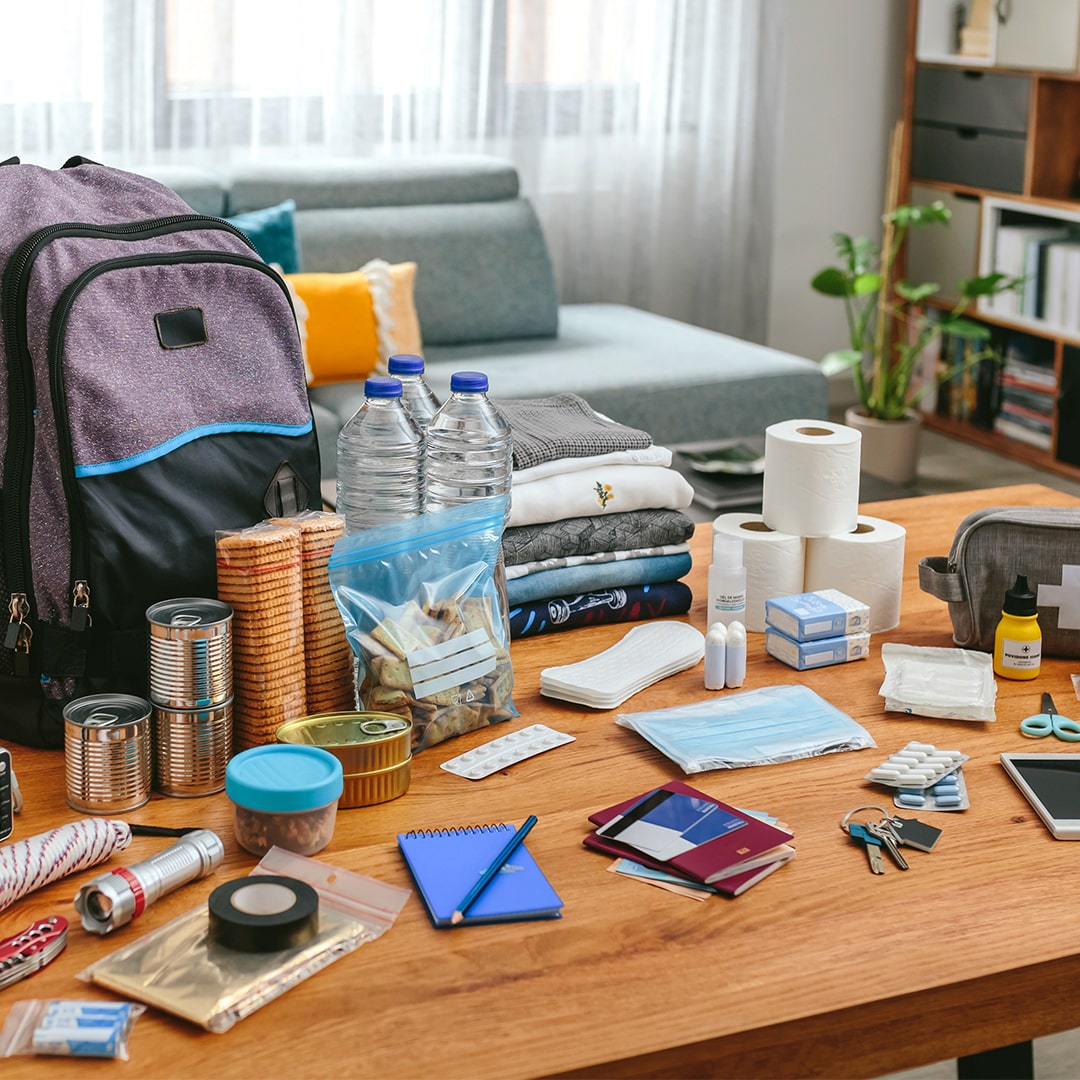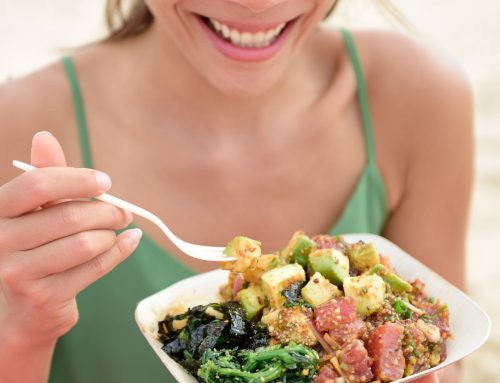Hurricane season essentials are very important especially now that the Cayman Islands hurricane season is upon us.
We have plenty of experience to share when it comes to hurricane season guidelines as well as helpful tips on which items are essential to have on your shopping list in preparation for the stormy season ahead.
To ensure the safety of your families and your homes this hurricane season, stock up on hurricane must-haves with Hurley’s Supermarket and follow the guidelines listed in this everything-you-need-to-know article.
Cayman Islands Hurricane Season
A hurricane is a large, tropical disturbance that consists of oceanic thunderstorms persisting for 24 hours or more.
This rotating system is essentially an organised storm made up of water and sustained surface winds of at least 74mph; once closed circulation occurs, the storm can be considered a hurricane.
Hurricane season in the Atlantic is usually from June to November, but this year, things have been a little different than before.
For instance, our hurricane season deviated from its usual pattern of pre-season activity this year because no storms developed before the beginning of June; however, we have officially reached our peak.
If you are new to the island or looking for a refresher, here are some guidelines on how best to prepare for hurricane season.
Hurricanes are generally measured by forecasters using the Saffir-Simpson wind scale; however, this scale is unfortunately not very good at indicating the likely impacts and the extent thereof.
Hurricane categories measure only the wind speed, therefore, they do not take into account factors such as the size of the hurricane wind field or even the angle of approach.
Factors like these can have a huge impact on the height of the storm surge, and this is usually the biggest threat to life and property on the island.
Hurricane Seasons: Then & Now
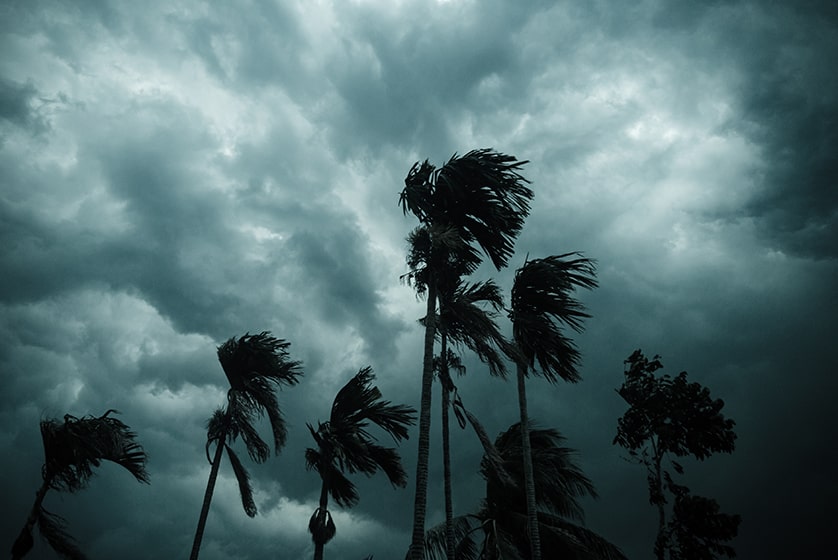
Let’s have a quick look at past hurricane seasons in comparison to this year, and why hurricane preparedness is so important for you to manage in advance.
Back in 2021, the National Oceanic and Atmospheric Administration (NOAA) predicted that the year’s hurricane season would bring forth a 60% chance of an above-normal season, a 30% chance of a near-normal season, and a 10% chance of a below-normal season.
However, forecasters in 2022 at NOAA’s Climate Prediction Centre say that a 65% chance of an above-normal season could be expected this year, a 25% chance of a near-normal season, and a 10% chance of a below-normal season.
This means that a year ago, there was a 70% chance of identifying 13-20 named storms (of which NOAA said 6-10 could become hurricanes and 3-5 could become major hurricanes), whereas this hurricane season, the results have intensified.
NOAA’s 2022 forecast predicts that the season will include 14-21 named storms, 6-10 hurricanes and 3-6 major hurricanes.
Future storms could therefore come with higher wind speeds than before and heavier rainfall, so it’s best to be prepared for the season in advance as opposed to at the last minute.
Hurricane Preparedness: The Basics
There are five basics that you need to have covered before you start going through your supplies checklist in preparation for hurricane season in the Cayman Islands.
These guidelines are a great place to start before tackling your safety and hurricane supplies kit.
1. Settle somewhere safe
Deciding on where to stay during hurricane season will depend on how far you are located from the coastline and whether the members of your household have any special needs or require particular kinds of accessibility (e.g. disabled or sick people, and children).
Houses that are close to the coastline are vulnerable during storm surges and are at particular risk, therefore, it would be best to evacuate and stay on higher ground.
We also recommend that you keep personal items and important documents safe, and have enough cash on hand.
2. Eliminate the hazards
To minimise storm damage done to your property, as well as to your electricity and water supply, assess the outside of your ‘safe house’ in advance to ensure that all hazards such as tree branches and pesky coconuts are removed.
If you need some help with evaluating your property, you can also call Cayman Utilities Company (CUC) and they will send a team out to assist with eliminating any hazards.
We would also suggest turning your main breaker off and unplugging any unnecessary appliances in case of a power surge or lightning damage.
3. Prepare for every outcome
It’s important to remember that trying to prepare for the worst during hurricane season has a lot of challenges; for instance, certain installations such as generators and hurricane shutters will take time to order and implement, and stock for hurricane supply kits can run low.
Therefore, we suggest that you plan ahead.
It’s always better to be overprepared than underprepared for hurricane season and hurricane checklists really are worth the hassle.
Don’t forget that power outages for four to eight days are a real possibility and that weather conditions will turn wet and windy before a hurricane hits.
4. Get a portable radio
As mentioned, hurricane forecasters use a scale to predict wind speeds that unfortunately cannot predict the extent of the storm surge nor the likely impact thereof.
For this reason, it’s important to have a portable radio on hand so that you can stay informed during the storm.
When a major threat is declared, the Hazard Management of the Cayman Islands (HMCI) will issue a warning to all media houses to advise the public.
This will include details of the incident as well as any additional and essential public safety information.
5. Stock up on hurricane season essentials
There are two kinds of hurricane essentials: materials and food supplies.
In terms of materials, a portable radio and a flashlight should be at the top of your list, but also be sure to stock up on the following items: batteries and bulbs, car-friendly cell phone chargers, sanitary equipment and a first aid kit.
We’ll chat more about this later, but as for food supplies – we recommend having enough non-perishable food and fresh water for a week.
And if you have canned food in your supply, make sure that you have a can-opener too!
Hurricane Supplies Checklist
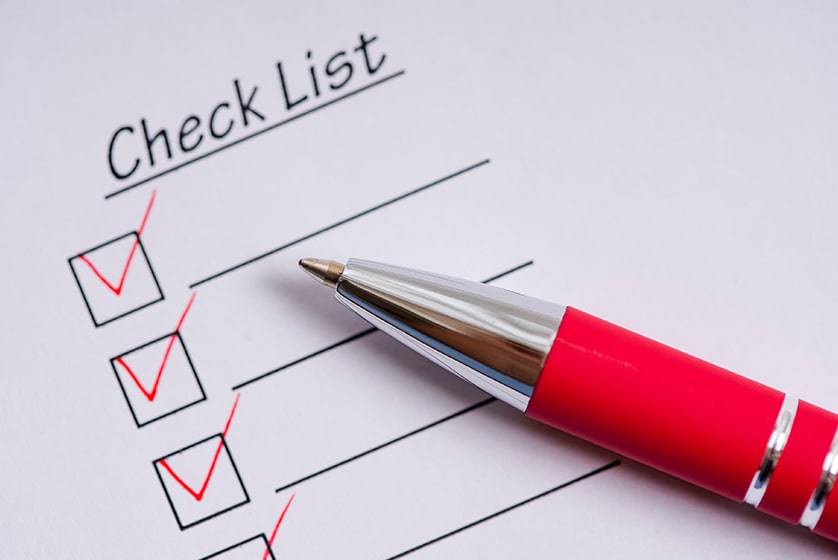
That last point didn’t even scratch the surface of what you’ll need to ensure that you have all hurricane essentials on hand during the season, so let’s break it down into those two categories: materials and food supplies.
We’ve created a list of both so you don’t have to!
We recommend that you start working through these checklists in advance – around 2-3 days ahead of an impending storm – to ensure the safety of your family and your property.
This includes settling somewhere safe and eliminating the hazards, coming up with an agreed-on family plan in case of emergency, stocking your home with hurricane supplies, and ensuring that personal items and important documents are kept safe.
Hurricane Supply Kit: Materials
Here’s a list of material supplies to purchase, set up, prepare and complete ahead of time.
As mentioned before, supplies can become limited during hurricane season as they will be in high demand, so it’s best to get your hands on them before hurricane season arrives.
- Portable radio and gas cooker.
- Extra batteries and gas refills.
- Charcoal and lighter fluid for cooking.
- Watertight bags for storing matches and lighters.
- Extra cash and gasoline to last at least one week.
- Flashlights, candles, lanterns and extra oil.
- Rope or strong twine and duct tape.
- Tarpaulin for the roof and hurricane shutters.
- Plywood and screw nails for securing entrances.
- Buckets and plastic sheeting to cover furniture.
- ‘C’ type fire extinguisher in case of electrical fires.
- Paper plates, plastic glasses and plastic cutlery.
- Plastic bags and airtight containers for storage.
- Can opener, heavy-duty gloves, and a decent knife.
- Clorox wipes and chlorine bleach for cleaning and sterilising.
- Baby essentials and pet supplies (including nappies and litter boxes).
- First aid kit and a decent supply of prescription medication.
- Books to read and games to play during a blackout.
Hurricane Season Essentials: Food
Here’s a list of hurricane food supplies that you should stock up on in advance.
We recommend that you keep a non-perishable supply on hand that is enough to feed you and your family for 5-7 days (including your pets).
- Bottled water and water purification tablets.
Pro tip: have enough drinking water on hand to allow for one gallon per person per day, plus extra water for washing and cleaning. - Non-perishable canned foods, dried fruit and nuts.
Pro tip: spam, corned beef, canned fish, fruit and vegetables are great food sources, but also try to give some thought as to which you would absolutely hate to eat cold. - Instant soup mixes and noodle packs.
Pro tip: single-serving packets or cups are ideal because it means you won’t have to worry about keeping or refrigerating leftovers. - Dry seasoning such as salt and pepper in airtight containers.
Pro tip: ready-to-eat canned sauces are also a great option here because they are already prepared, super tasty even when cold, and have a long shelf life. - Energy drinks and fruit juices, long-life milk or soy/almond milk.
Pro tip: vitamin-rich drinks are great for small children and elderly people, and shelf-stable milk can easily be added to cereal as a healthy breakfast or snack. - Crackers, biscuits and cookies in airtight containers.
Pro tip: crackers paired with peanut butter are the perfect instant snack and they can last up to six months. Be sure to stock up on the crispy variety for a longer shelf life. - Peanut butter, jelly, syrups and honey.
Pro tip: make sure that it’s not natural peanut butter which must be refrigerated after opening. This spread is long-lasting and is a protein that you won’t have to cook. - Baby food or formula and pet food.
Pro tip: apples are one of the longest-lasting fruits and can be pureed into a tasty snack for babies. Don’t forget food and water for your fur babies as well!
Important Documents & Records
Once you’ve got your material supplies and food essentials sorted, here is a small checklist of important documents and records that you should try to keep safe:
- An itemised inventory of your household contents
- Photos of your valuable household goods and vehicles
- Videos of your property and valuable items, and a digital backup thereof
- Insurance policies, personal wills, contracts and the deed to your home
- Passports, birth certificates, driver’s licences and any pet documents
- Bank accounts and credit card information
As mentioned before, it’s always better to be overprepared for hurricane season than underprepared and having both photo and video content of your property and valuable items is a great help, especially if the storm causes damage to those items and you’re forced to contact your insurance.
Hurricane Tips & Tricks
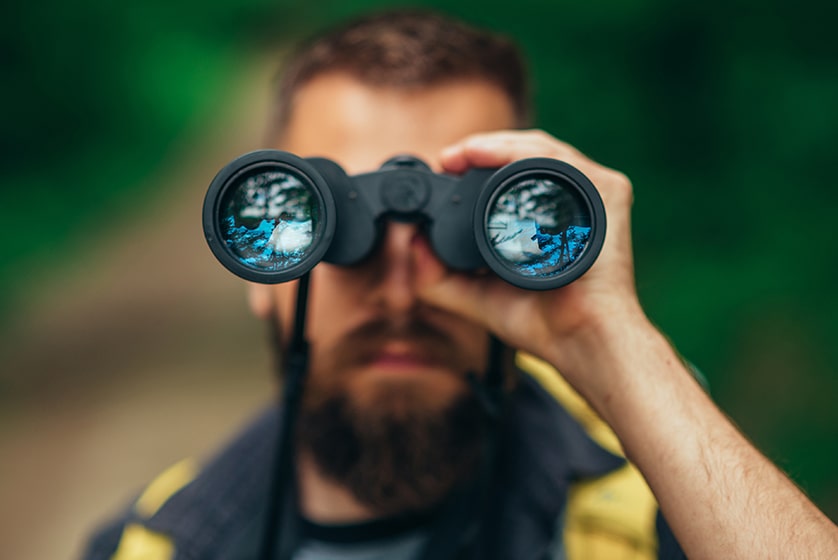
Listen, we meant it when we said that hurricane preparedness is worth the hassle.
Sure, there may be tons of elements and factors to take into consideration, but as long as you follow these hurricane guidelines, you’ll be sorted for the season!
Here’s a small list of additional tips and tricks to keep in mind when preparing for hurricane season in the Cayman Islands, especially if your home is close to the coastline and extra precautions need to be taken against flooding.
- Store important documents and records in a portable, watertight container, and scan or back up to an external hard drive.
- Store irreplaceable personal items in airtight containers and seal them with tape so that water can’t get in and cause damage.
- Put silicone or foam around the edges of doors that lead outside, and fill sandbags to protect those doors on the ground level of your home as well.
- Make sure that your furniture has been moved away from the windows and doors, and elevate them off of the floor to avoid water damage.
- Pack up your rugs and drapes for the duration of this stormy season and keep them stored in plastic bags or airtight containers.
- Have buckets and plastic sheets on hand to catch any water from ceiling leaks and to cover your furniture and wood floors.
- Turn your fridge and freezer to the coldest setting so that if the power goes out, your food and ice will last much longer.
- Line your doors and windows with old towels, shirts, and linen to protect against water seeping into your home.
- Design a family plan and escape route in case you and your family need to evacuate to a hurricane shelter and make arrangements for the safety of your pets.
- Have your raincoat ready! It might rain for several days after the hurricane and umbrellas are just a hazard, so be sure to have a good raincoat or poncho on hand.
And finally, in the event that you and your family decide to leave the Cayman Islands before a disaster, be sure to have a plan in place and funds on hand just in case.
Remember, the airport will get very busy during this time, so pay attention to flight availability.
Island Air provides evacuation services in case of emergency during the hurricane season – Tel: (345) 949 5252 – and if you need help with passports or travel documents, don’t forget that you can always contact your local Honorary Consul in advance.
Our Final Thoughts
Hurley’s Supermarket in the Cayman Islands has heaps of experience when it comes to hurricane season essentials, supplies and exactly which food items you need to stock up on ahead of schedule.
Get all your essential food supplies in-store, or check out the Hurricane Season Must-Haves category that we’ve set up especially for you in our online store.
We wish you and your family and safe hurricane season, and we look forward to seeing you again soon!

